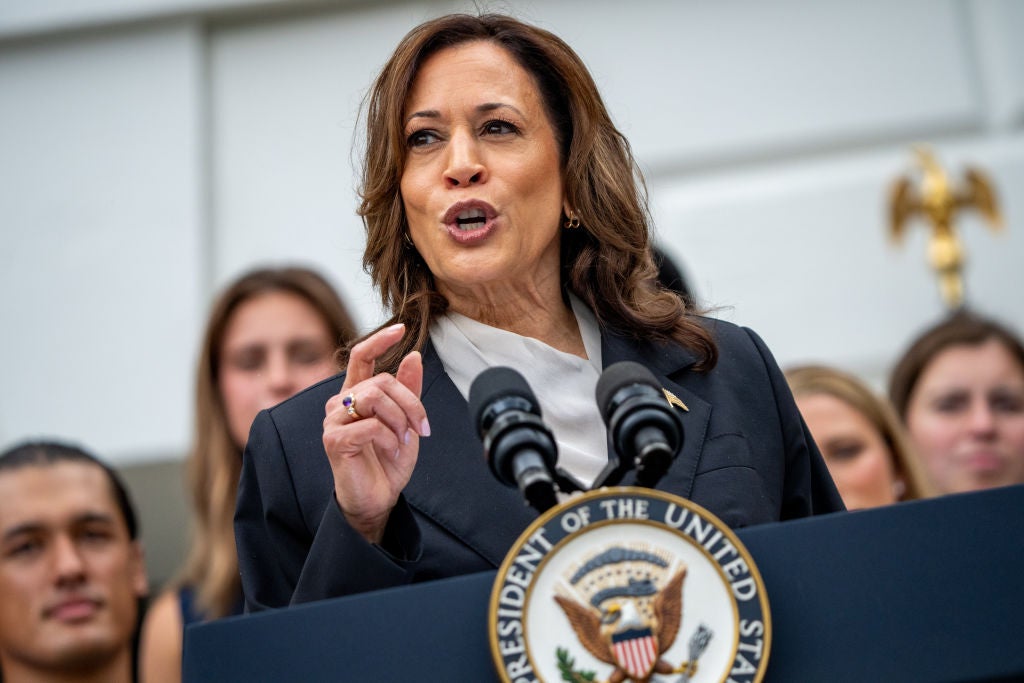
The popular PCP method of financing cars could become the next major mis-selling scandal, according to the National Association of Commercial Finance Brokers (NACFB).
The FCA has raised the prospect of putting a time limit on PPI claims. As a result the NACFB said claims lawyers are turning their attention to the consumer finance industry, specifically around PCP.
According to the association, the potential for mis-selling relates to insufficient, poor or, in some cases, deliberately misleading advice given by car dealers and finance firms when recommending more lucrative PCPs to car buyers, both new and second-hand.
It claimed the areas currently being investigated by PPI claims lawyers are mainly around:
– Supposedly few car owners taking out a PCP, whether for private or business reasons, were warned that, over the term of the loan, they could be paying considerably more in interest than they would if they purchased their vehicle under a hire purchase (HP) agreement due to the way the deals are structured.
– The fact that customers considering PCP are told they will make a profit at the end of the contract, as the car is likely to be worth more than the final optional ‘balloon payment’ figure. The NACFB warned that this is not a profit, but money the car owner will have already pain in, which they are getting back.
How well do you really know your competitors?
Access the most comprehensive Company Profiles on the market, powered by GlobalData. Save hours of research. Gain competitive edge.

Thank you!
Your download email will arrive shortly
Not ready to buy yet? Download a free sample
We are confident about the unique quality of our Company Profiles. However, we want you to make the most beneficial decision for your business, so we offer a free sample that you can download by submitting the below form
By GlobalDataGraham Hill, head of motor finance at the NACFB said: "If the PPI claims lawyers conclude there is enough basis to put forward a mis-selling case on PCPs then, given the huge volumes in which these products have been sold to both private individuals and businesses, the car finance industry could be shaken to its roots.
"While the PCP in itself can be an appropriate solution for many car owners, as it reduces the monthly payments quite significantly, the issue lies with the way these products have been sold. Were people made aware of the increased interest rate charges on PCPs relative to hire purchase agreements, and were they misled about the prospect of equity, either deliberately or out of dealer naivety?
"In the majority of cases, I suspect ignorance and confusion among dealers is to blame. But this will not help them and the finance providers behind them if, in the months ahead, PCPs are judged to have been mis-sold. In the event that this happens, a significant number of consumers and business owners could be in for a sizeable cash windfall from the cars, motorcycles and vans they have purchased."
Commenting on differences between HP and PCP, Adrian Dally, head of motor finance at the Finance & Leasing Association (FLA), said: "It’s understandable that PCPs and HPs are priced differently, after all they’re different products. Customers choose one or the other to suit their individual circumstances, for instance whether they want to own the vehicle at the end of the agreement or whether they want the flexibility to defer that decision until later. The sale of these products is also closely regulated by the Financial Conduct Authority, and the motor finance industry funds the Specialist Automotive Finance initiative to train dealership staff on the range of car finance available in showrooms, and the regulations that govern their sale."






